This depends on multiple things including which SDK you are using.
If you are using the default Cosmos DB SDK also known as v2 SDK, then (assuming you enabled Application Insights support) Cosmos DB will only log it's dependency calls if you are using HTTP/HTTPS connection. TCP mode won't be captured by Application Insights. This means you would either have to use HTTPS which is bad in terms of performance or code something custom.
If you are using Cosmonaut then it comes out of the box with a general purpose EventSource which tracks each call as a dependency no matter the connection type and it also collects multiple metrics such as the RUs and a lot more. You would need to reference the Cosmonaut.ApplicationInsights nuget package and initialise the AppInsightsTelemetryModule like this:
AppInsightsTelemetryModule.Instance.Initialize(TelemetryConfiguration.Active);
or use the IoC alternative of:
services.AddSingleton(AppInsightsTelemetryModule.Instance);
This will give you logging for every action with detailed metrics such as the following (including the request charge):

You can then use a query like this to see spikes and further investigate, or just query for requests with Cosmos dependencies which exceed a threshold.
dependencies
| where type contains "Cosmos" and customDimensions.RequestCharge != ""
| summarize sum(toint(customDimensions.RequestCharge)) by bin(timestamp, 1m)
PS: You don't have to use the CosmosStore if you don't need it. Using the CosmonautClient instead of the DocumentClient will do the logging job as well.
